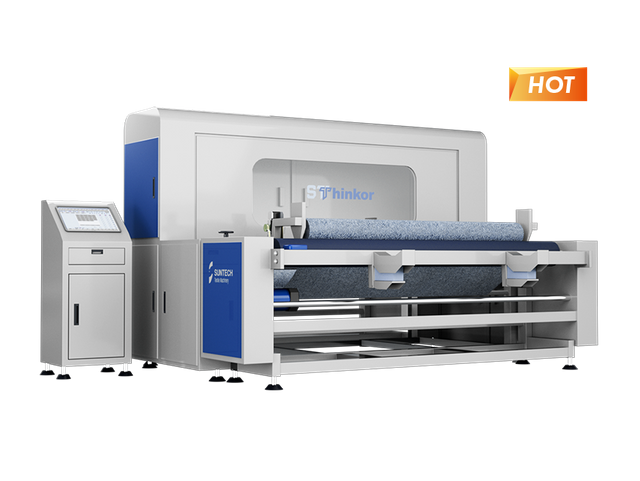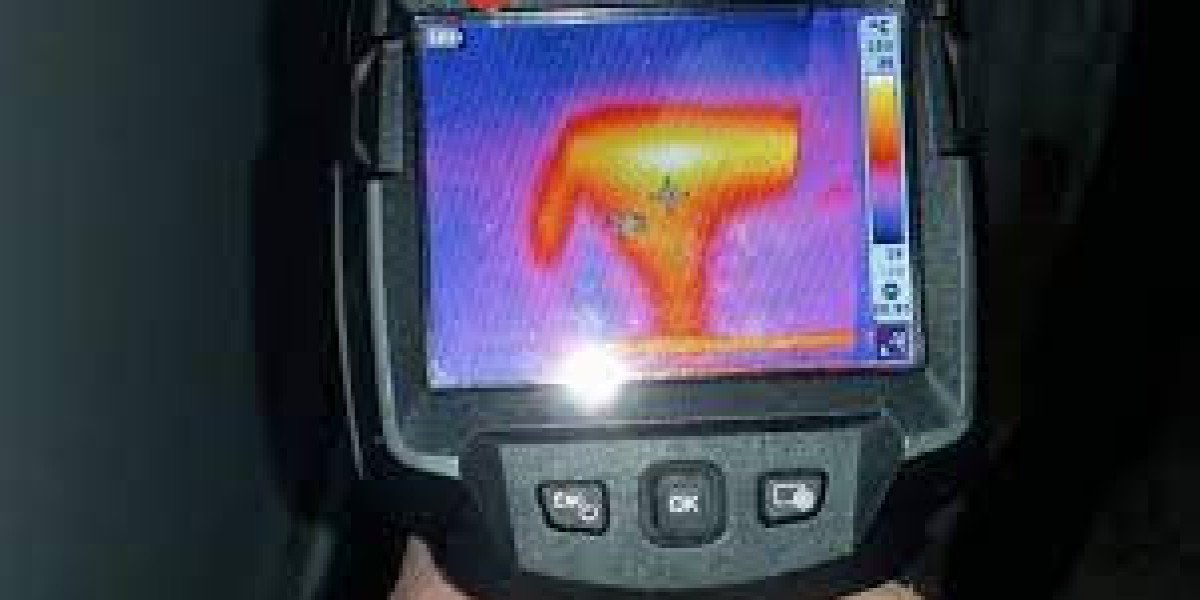Visual inspection equipment has undergone a remarkable transformation over the years, evolving from rudimentary manual methods to sophisticated automated systems. This evolution reflects the increasing demand for precision and efficiency in various industries, including manufacturing, healthcare, and electronics.

Understanding Visual Inspection Equipment
Visual inspection equipment refers to tools and systems designed to assess the quality and integrity of products through visual means. Traditionally, this involved human inspectors using magnifying glasses and simple tools. However, as technology advanced, so did the capabilities of these systems. Today, we see a range of options, from automated camera systems to advanced AI-driven inspection machines.
Key Components of Modern Visual Inspection Systems
- Cameras: High-resolution cameras capture detailed images of products.
- Lighting: Proper illumination is crucial for accurate inspections.
- Software: Advanced algorithms analyze images for defects or inconsistencies.
- Integration: Systems can be integrated into production lines for real-time monitoring.
The Shift from Manual to Automated Inspection
Why has there been such a significant shift towards automated visual inspection equipment? The answer lies in the need for consistency and speed. Manual inspections, while valuable, are often subject to human error and fatigue. In contrast, automated systems can operate continuously, providing reliable results with minimal downtime.
Moreover, the integration of AI technology has revolutionized the field. These systems can learn from previous inspections, improving their accuracy over time. For instance,  exemplifies how modern visual inspection equipment leverages artificial intelligence to enhance performance.
exemplifies how modern visual inspection equipment leverages artificial intelligence to enhance performance.
Benefits of Advanced Visual Inspection Equipment
Investing in advanced visual inspection equipment offers numerous advantages:
- Increased Efficiency: Automated systems can inspect thousands of items per hour.
- Enhanced Accuracy: AI algorithms reduce the likelihood of errors.
- Cost Savings: Reducing waste and rework leads to significant cost reductions.
- Improved Compliance: Automated systems help maintain industry standards and regulations.
Future Trends in Visual Inspection Technology
As technology continues to advance, what can we expect for the future of visual inspection equipment? Emerging trends include:
- Increased Use of Machine Learning: Systems will become even smarter, adapting to new challenges.
- Integration with IoT: Real-time data sharing will enhance decision-making processes.
- Miniaturization: Smaller, more portable inspection devices will become available.
In conclusion, the evolution of visual inspection equipment signifies a critical advancement in quality assurance across various industries. By embracing these technologies, businesses can ensure higher standards of quality, efficiency, and compliance. As we look to the future, the potential for innovation in this field remains vast, promising even greater enhancements in the years to come.







